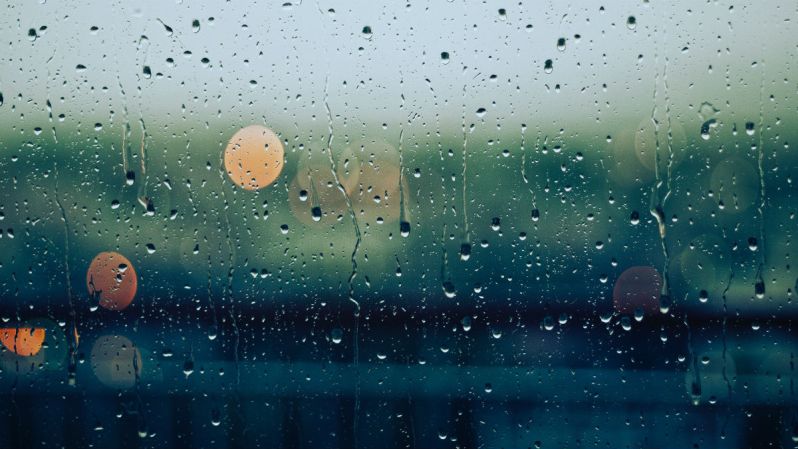In order for a book to be great, two elements are essential: good writing and an interesting subject. Superlative writing can hold the attention for a time even if the focus of said prose is decidedly prosaic. Witness David Foster Wallace’s sublime review of a dictionary as evidence, were any needed. Though we must also accept that, at some point, our interest would wander had DFW made a book out of his write-up about a book. And a fascinating, compelling subject can hold a reader’s attention for a good number of paragraphs even if the writing itself is poor. Take, for example, posts you have read on various social media platforms.
Related:
Again, to be great, a book must be well-written and about something interesting. You might not have know that rain was interesting. And prior to the publication of her recent book Rain: A Natural and Cultural History

Barnett brings an interesting background to her subject matter here; she cut her teeth as a newspaper reporter, writing both regular columns and doing investigative journalism. Her past experience shows through in her ability to use crisp, well-paced prose to advance the narrative, giving us enough detail to bring clarity without waxing on ad nauseum and losing our focus. While not all of her writing was about environmental matters, much of it trended in that direction. And her passion both within and beyond the bounds of her professional work has always been defined by environmental matters, with water at the heart of her interests. Fortunately, for those of us with less knowledge of and/or aptitude for matters of universal, global concern, Barnett is also committed to making both the plight and the potential remedies for matters related to conservation and environmental protection accessible to a general audience.
In other words, don’t worry if you don’t have master’s degree in environmental science or policy — you will still enjoy Rain. And you will easily learn from it.
This fast-paced, 292-page book starts back about 4.5 billion years ago when the Earth was a superheated, lifeless ball of fire, soon to be a planet bearing water as delivered by untold millions of meteors crashing into the surface. These celestial missiles weren’t bringers or death, however, but of life, and Barnett doesn’t just tell us that, but instead paints a picture with her words:
“About half a billion years after it started, the blitzkrieg began to wind down. As the last of the flaming chunks fell to the surface or hurtled away, the planet finally had a chance to cool. The water vapor could condense. At long last, it began to rain.”
Reading this book, which brings the author (and her reader) from Scotland to the American South to coastal India to myriad points in between, one begins to see rain not merely as a nuisance for the city dweller or a lifeline for the farmer; not as a bringer of death in the form of floods when too much falls or of suffering during drought when too little comes; and not as inspiration for the poet, painter, or songwriter. Rain is none of those things alone, but is rather the universal factor binding all life, human, animal, and flora together. Barnett reveals this both with casual anecdotes — for example, there is, at any given moment, more water in the atmosphere than in all the world’s rivers combined — and through compelling accounts of her own firsthand travels and experiences.
One thing Barnett’s book does not do is sound a five-alarm warning about the imminent collapse of the entire global ecosystem, or about the coming pandemics sure to be caused by a lack of sufficient clean water, or other such grim, gloom-and-doom forecasts. Yes, she is an environmentalist and, yes, she’s concerned about our planet and the way we have long been treating it. While reading Rain will likely compel you to be a bit more thoughtful in your use of water and might even get you to be more actively involved in conservation efforts, it’s not an indictment in the way other notable environmental-themed works are (to name the obvious choice, Silent Spring). Rather this is simply a very good book about a surprisingly compelling subject that will certainly entertain and just might inspire.
When the rain does come, stay dry with the best hiking gear, rubber boots, and umbrellas.




